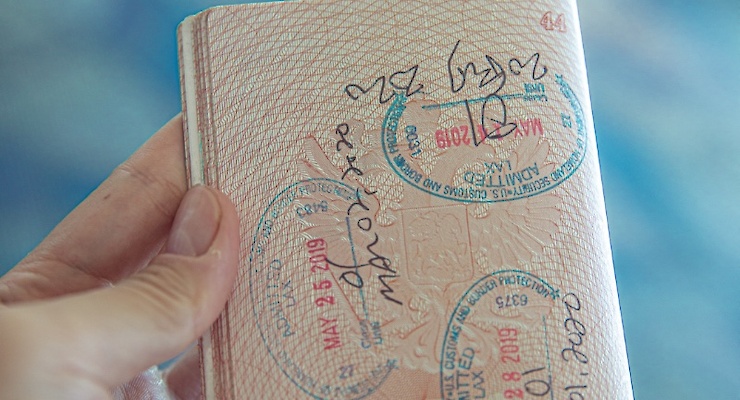


Head of Content

Mortgage Advisor & Director
Buying in Turkey

Turkey has grown and grown in popularity thanks to its late winter sun and lower cost way of life compared to European destinations. A local beer in Turkey costs around £1.50, and a litre of petrol just £0.75.
You may be looking to invest in rental property to seize the tourism market, or you may be looking for a relaxing bolthole for when the great British summer fails to materialise. With miles of scenic coastline, Turkey is a popular choice.
What are my options for financing a Turkish property purchase?
Up until 2007, mortgages were not available to foreign buyers. Since the market was opened up there's been a property boom. UK nationals can take out a local mortgage, but you'll find that interest rates are much higher than you’ll currently see in the UK.
Interest rates may be more favourable if you can acquire the finance through a lender in your home country. Alternatively, you could look to release equity in your current home, rather than secure a loan on a new property. You could also look to obtain finance through the local developer if it’s a new build.
What do I need to know about mortgages in Turkey?
If you take out a mortgage in Turkey, banks will ask for Iskan.
This is a habitation certification that ensures the property meets residential building requirements. Many older homes were built without Iskan, which can complicate a sale. For this reason, many foreign buyers consider newer properties only.
Interest rates are higher, and terms are shorter.
The maximum loan-to-value available tends to be around 70-75%, and mortgage terms are usually between 10 and 15 years. Interest rates are much higher than what’s currently available in the UK, typically around the 6% mark. Interest rates tend to be fixed for the whole duration of the mortgage.
Mortgages are usually offered in Euros, Dollars, or Pound Sterling rather than local currency (Turkish Lira).
Wherever possible, it’s best to keep the whole transaction in the same currency - from deposit, to loan, to repayments. This will avoid any issues with exchange rates.
On taking out a mortgage in Turkey, you will have to pay an arrangement fee, often around 2% of the value of the property.
Is there anything else to be aware of when buying in Turkey?
Non Turkish nationals require military permission to be able to buy property. This can take up to three weeks to obtain.
You are advised to seek independent legal support before investing any cash in the process. This needs to be independent from the developer or vendor to assure non-bias.
If you are purchasing buy-to-let property, you will be taxed in Turkey on rental income, as well as being liable for other property related taxes. It’s worth seeking advice from a lawyer to calculate your full costs before committing to a purchase. If you’re buying property as an investment income you’ll need to have a clear picture of your costs to make sure it’s a viable purchase!
Examples of local property taxes:
One such tax is the Turkish Property Transfer tax (Emlak Alim/Satim Vergisi). This is calculated at 1.5% of the declared value of the property, and is payable by both the buyer and the vendor (totalling 3% of the property value).
If you are letting your property, you must pay tax on this income in Turkey. Your tax return will be due between 1 – 25 March for the previous calendar year. The tax calculated is payable in two instalments; 50% is due in March, and the remaining 50% in July.
To buy property, you will need to secure a Foreigner Identity number (Yabanci Kimlik No.). This is provided for free from the TNP Foreigners’ Department in the nearest city.
Property ownership is not connected to right to reside. You do not need a residency visa to buy property, and owning property does not give you the right to reside or work in Turkey.
Can anyone get a mortgage in Turkey?
Lenders in Turkey apply affordability criteria when considering your application, just like in the UK. They’ll take any existing debts into account, which includes any current mortgages you may have outstanding on UK property. Repayment of debts must total no more than 35% of your monthly income, which includes existing mortgages and loans, as well as the mortgage you are applying for.
You'll need to show proof of income just like when applying for a UK mortgage.
Choosing an Adviser
Selecting a qualified and experienced mortgage adviser is of great importance. To choose a suitable adviser, evaluate their qualifications, experience, and reputation, and ensure they are regulated by the Financial Conduct Authority (FCA).
Read reviews from previous clients and make sure they provide a clear explanation of the products and services they offer, as well as the fees and charges associated with them.














































































